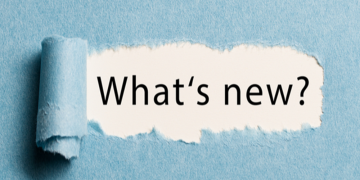Most people turn to credit cards when they’re cash-strapped, but financial advisers say they should be a last resort and that consumers should consider other options first.
Credit card debt reached a record $1.03 trillion in the three months ended in June, according to the New York Federal Reserve, and the average interest rate paid by those who carry a monthly balance soared to nearly 23% in August, the highest since at least 2018.
Servicing credit card debt could get even costlier too, if the Fed decides to hike its benchmark, short-term fed funds rate again before the year ends amid its ongoing fight to lower inflation to its 2% goal.
At those costs, Americans should be looking at other, less expensive ways – like life insurance, family and friends, and even their 401(k) and banks – if they don’t have enough emergency savings and need to tap some short-term liquidity, financial experts say.
“Using your credit card now should be the ground floor,” said Dan Casey, investment adviser and founder of Bridgeriver Advisors in Bloomfield Hills, Michigan.
Lower your auto insurance costs: Find the best car insurance of 2023
Why shouldn’t I use a credit card?
Credit cards are OK for small purchases to help manage your monthly cash flow, and if you pay off all or most of the balance on time.
If you’re using your card to pay for everything large and small, however, and your balance is growing every month, it may be time to reconsider, experts say. Interest…


























































